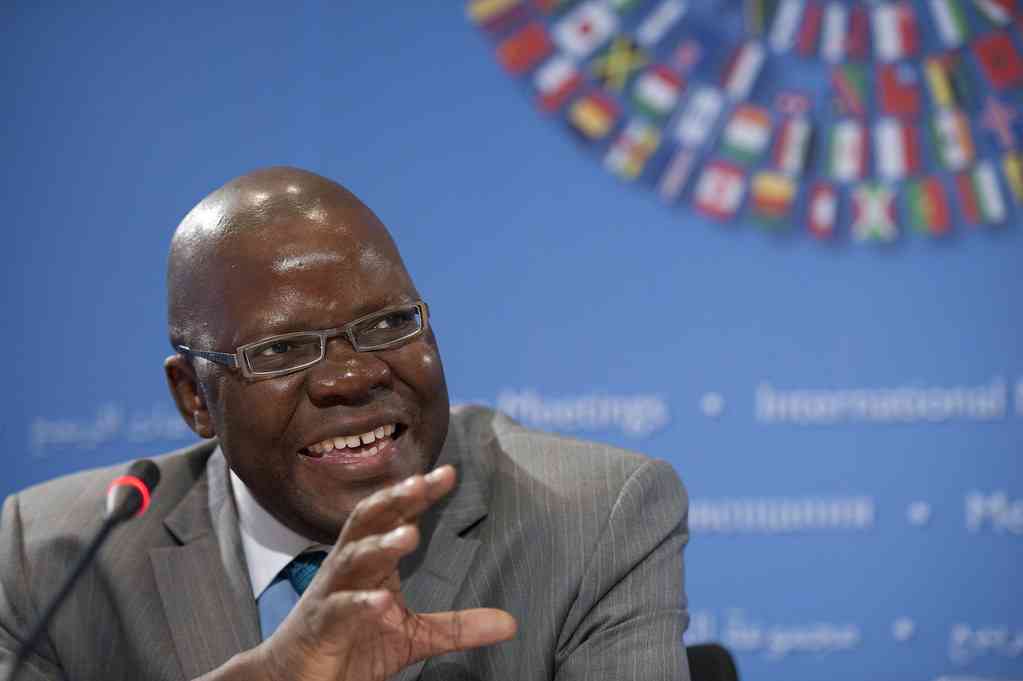
HARARE, March 5, (NewsDay Live) -The Supreme Court has dismissed lawyer Tendai Biti's appeal against a High Court decision that dismissed his application for condonation in a US$1 million defamation case filed against him by Augur Investments' top executives.
The High Court had granted a default judgment against Biti and ordered the commencement of trial, but the former Finance minister approached the Supreme Court seeking a reversal of the default judgment.
The Supreme Court, however, dismissed Biti's appeal.
In his application, Biti had cited Kenneth Raydon Sharpe, Tatiana Aleshina and Augur Investments as respondents.
Sharpe is suing Biti for allegedly labelling him one of the most corrupt people looting Zimbabwe’s resources.
Augur Investments is seeking US$500 000 damages, while its chief operations officer Aleshina is claiming US$100 000 and Sharpe is demanding US$400 000 damages.
Last year, High Court judge Justice Gladys Mhuri dismissed Biti’s explanation for late filing of heads of argument as unsatisfactory.
"In casu, the judgment in question was pronounced on 1 March 2023. This application was filed in June 2023. This was a three-month delay. This delay in my view and contrary to the applicant’s submission, is inordinate,” Mhuri said.
- Fresh land invasions hit Whitecliff
- Pomona cash row escalates
- Border Timbers targets European markets
- SA name strong A side for Zim tour
Keep Reading
“Applicant’s explanation for the delay was that he was pursuing the applications he had filed in the Supreme Court and after the striking off of his second application on 7 June 2023, he was trying to get reasons from the Supreme Court for the decision to strike off.
“I find the applicant’s explanation to be totally unsatisfactory. It is trite that a default judgment is not appealable.”
Mhuri also said Biti as a senior legal official should have known better.
“It is also not in dispute that the applicant is a seasoned practising legal practitioner,” the judge said.
“He, therefore, knew that a default judgment is not appealable but chose not to seek rescission and approached the Supreme Court.
“Even before the Supreme Court, he was represented by legal practitioners of good standing who should have known better.”










